Much of what we talk about on NextTribe relates to menopause or dealing with grown children or figuring out the next child-free chapter of your life. But still, we can’t ignore that a chunk of women in our 45-plus age group are having totally the opposite experience: They’re having babies.
The share of American women at the end of their childbearing years who have ever given birth is higher than it has been a decade earlier, reversing a near 40-year trend where fewer women in that age group were having babies, according to the Pew Research Center.
The Great Recession intensified the shift toward later motherhood.
The latest to join the older first-time mom club is supermodel Naomi Campbell, 50, who welcomed a baby girl on Instagram this week. “A beautiful little blessing has chosen me to be her mother,” she wrote. “So honored to have this gentle soul in my life, there are no words to describe the lifelong bond that I now share with you my angel. There is no greater love.” Campbell did not give details on exactly how she became a mother–whether delivering a baby herself, through a surrogate, or through adoption.
There have been other high profile new moms in this age category. Three years ago, Sen. Tammy Duckworth, then aged 50, the Democratic senator from Illinois, gave birth to a baby girl. She was the first serving U.S. senator to have a baby. “I’m hardly alone or unique as a working parent,” she said at the time. Janet Jackson gave birth at age 50 in 2017, and TV anchor Hoda Kotb became a mom at age 52. In 2018, Brigitte Nielsen delivered her fifth child at age 54.
Read More: Becoming a First Time Mom After 40 Left Me Out of Step with My Peers—Here’s How I Coped
Delayed Joy
“Not only are women more likely to be mothers than in the past, but they are having more children,” stated the Pew report, which analyzed U.S. Census Bureau data. In 2016, mothers at the end of their childbearing years had about 2.42 children, compared with a low of 2.31 in 2008. And among those who are mothers, family size has actually increased.
“The Great Recession intensified this shift toward later motherhood, which has been driven in the longer term by increases in educational attainment and women’s labor force participation, as well as delays in marriage,” the Pew report found. “Given these social and cultural shifts, it seems likely that the postponement of childbearing will continue.”
The U.S. Centers for Disease Control and Prevention has reported a gradual increase in births for women in their 40s and early 50s over the last decade. But these births don’t come without risks. Older mothers have higher rates of C-sections due to complications, low birth weight, and stillborn babies. For those who carry their own child (versus egg donation), the chances of having a baby with Down Syndrome is 1 in 100 at 40. At 45, it’s 1 in 30.
Still, even with this bump in the births among the older set, U.S. birth and fertility rates in general fell for the sixth year running, in 2019, reaching the lowest levels since the late 1970s, according to the CDC’s National Center for Health Statistics. The researchers did not cite the coronavirus pandemic as the reason for the decline.
Read More: Brigitte Nielsen’s Baby: Is Pregnancy Over 50 a Good Idea?

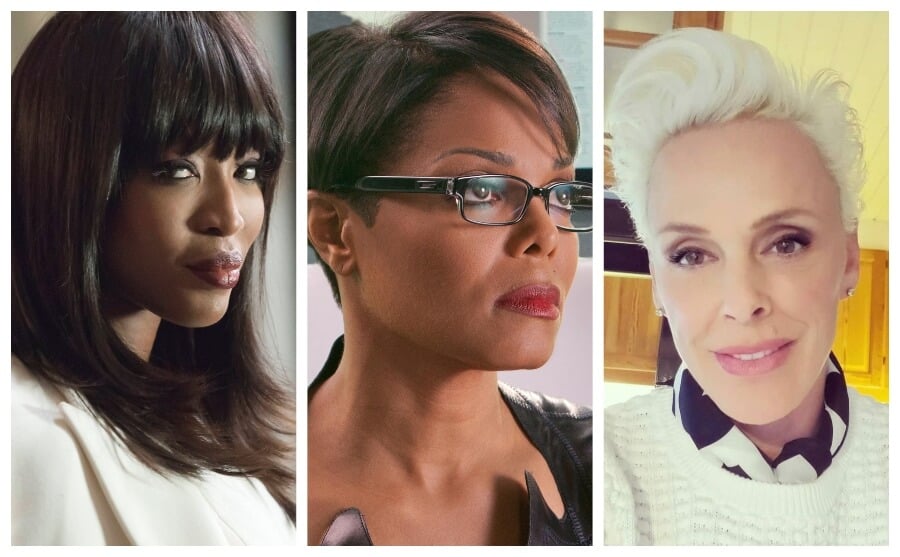






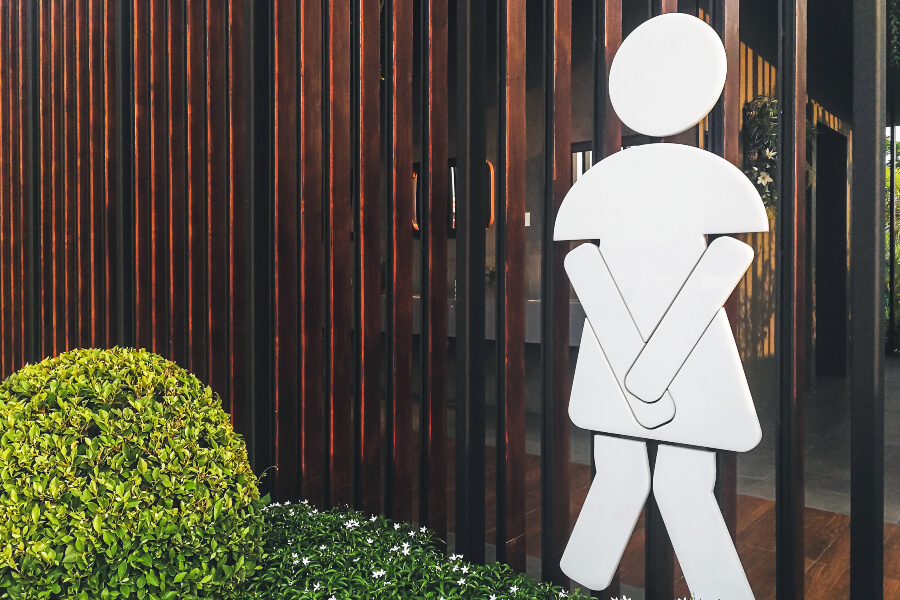





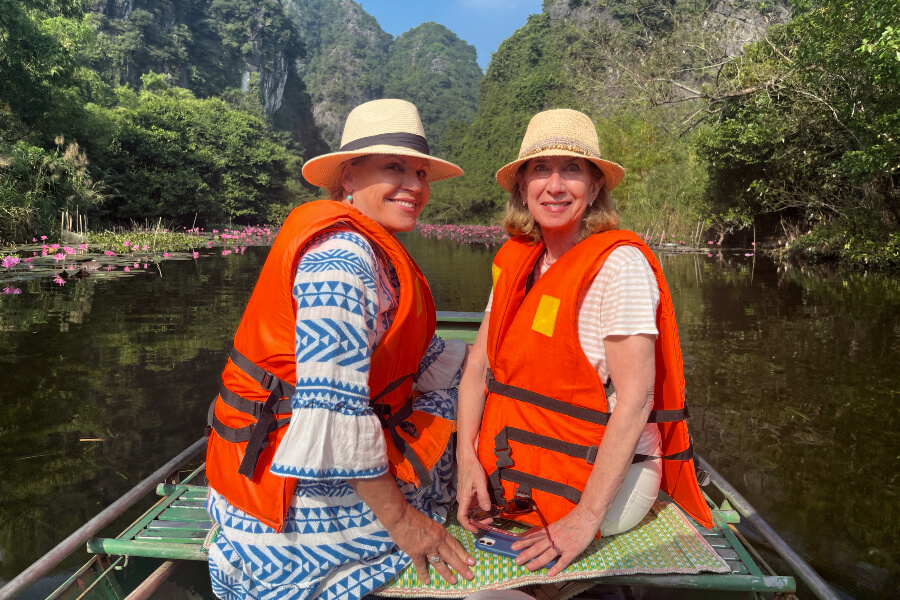

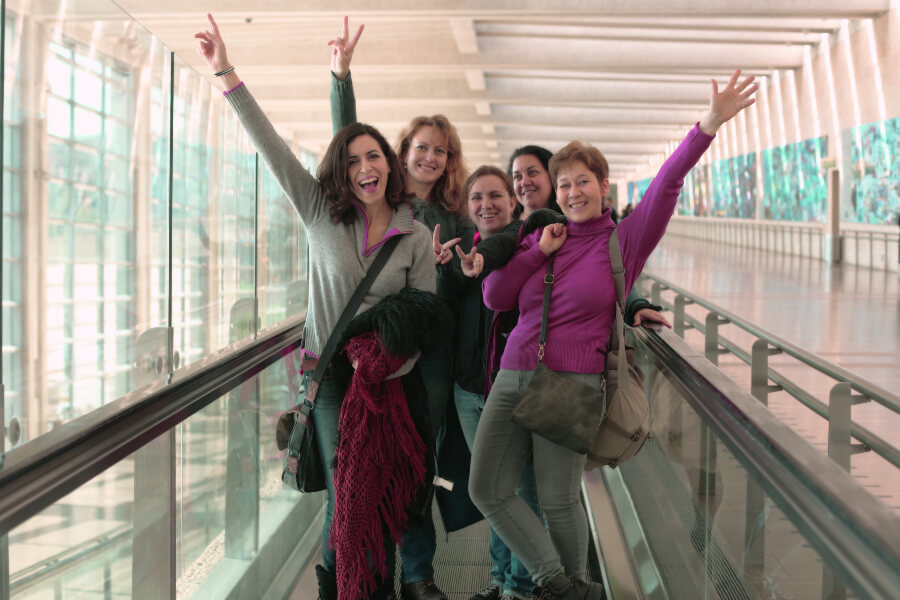
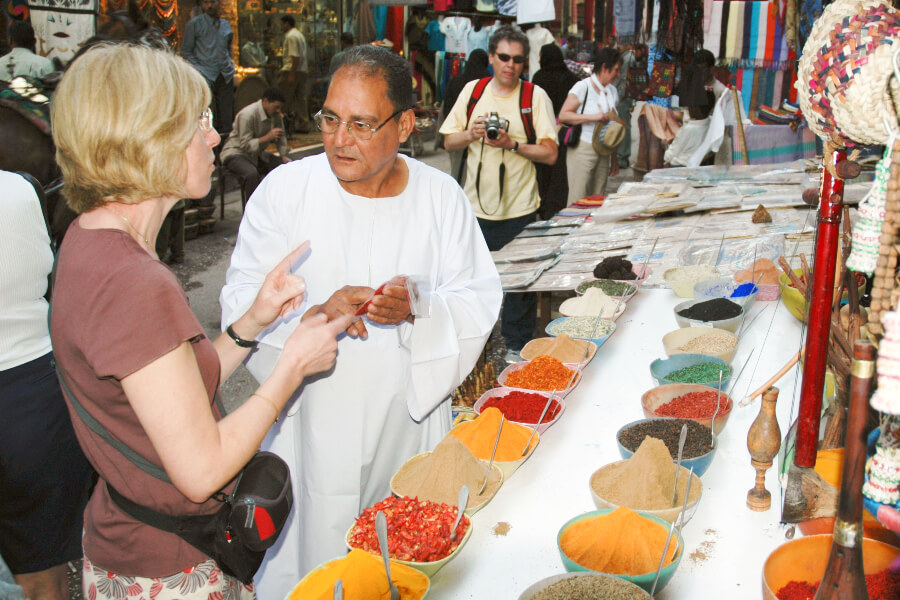



0 Comments